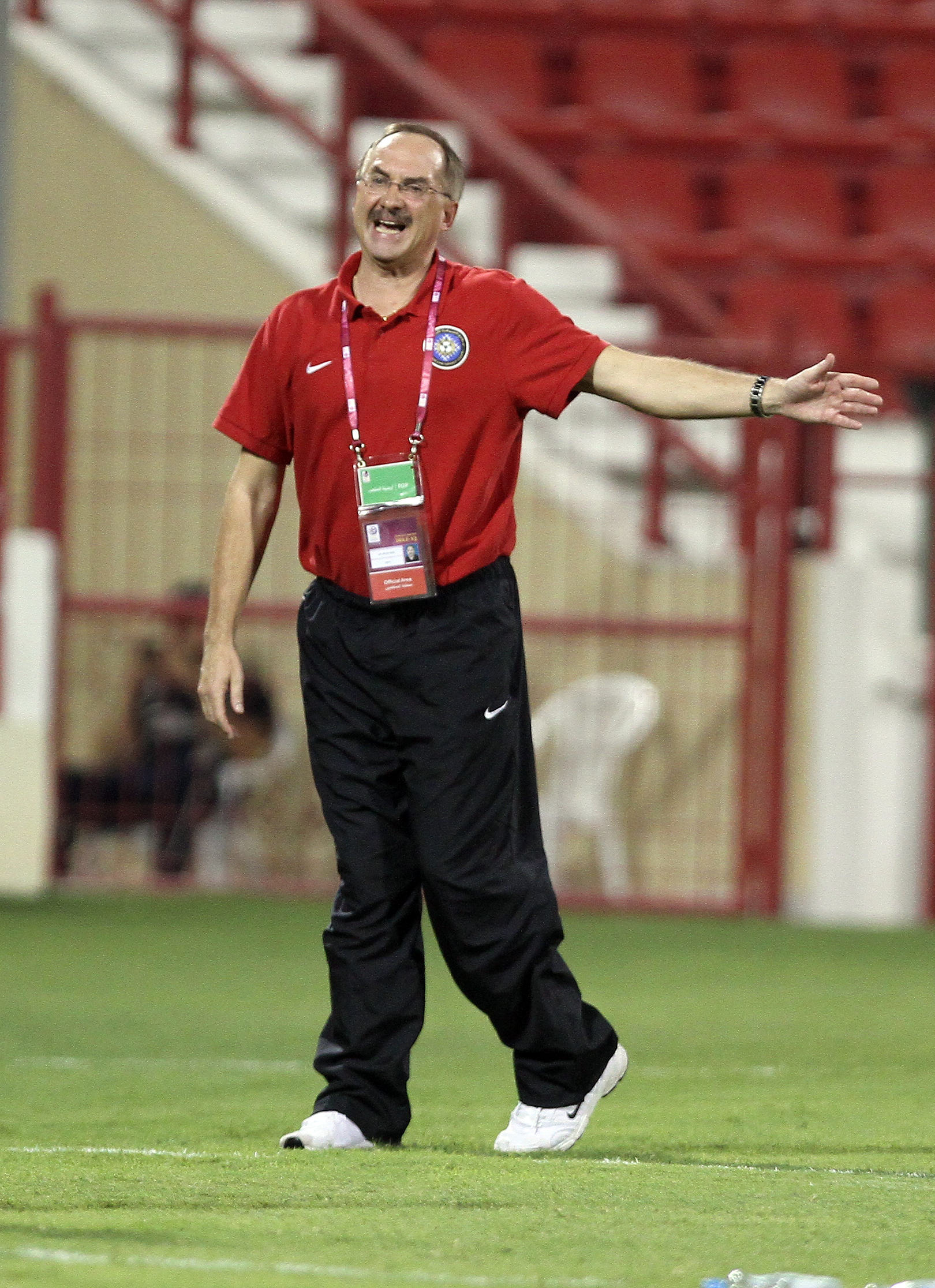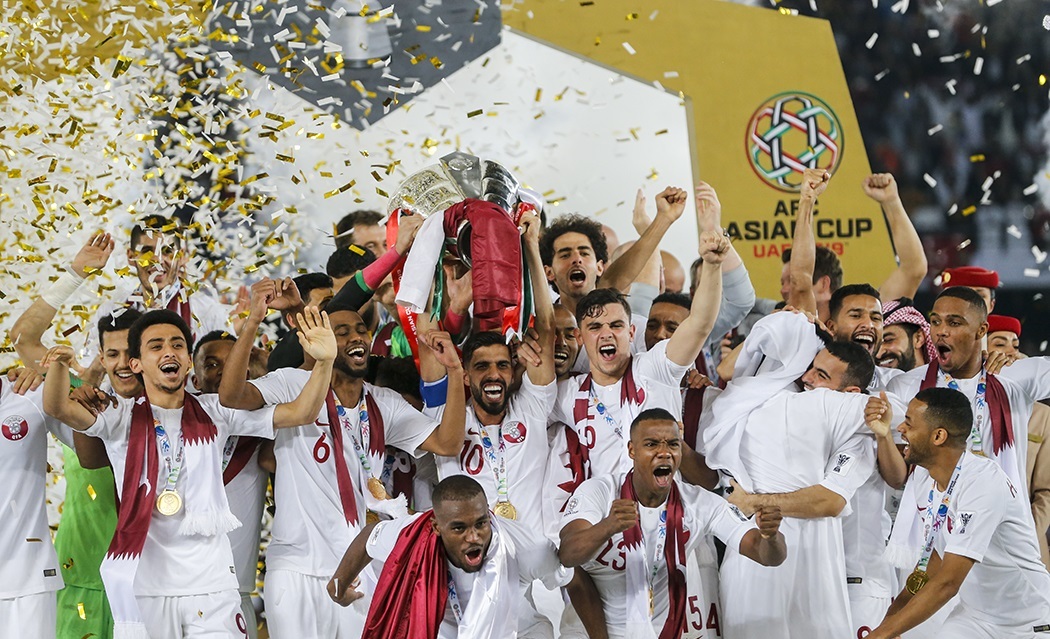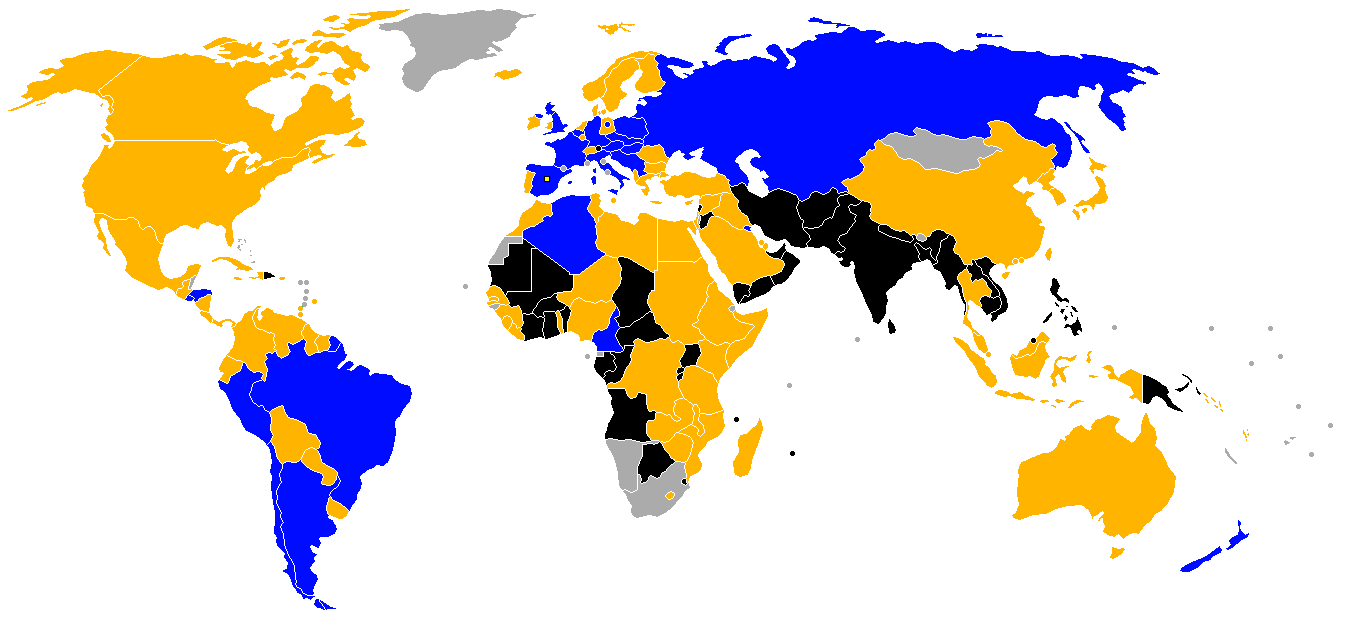|
Ulrich Stielike
Ulrich "Uli" Stielike (born 15 November 1954) is a German former footballer and manager. Usually a central midfielder or sweeper, Stielike was well known for his stamina and footballing intelligence.Radnedge, Keir. (2004). The Complete Encyclopedia of Football. London, United Kingdom. Stielike is one of a small handful of players (Rainer Bonhof and Manfred Kaltz are others) to have played in all three European club finals (the European Cup, European Cup Winners' Cup and UEFA Cup), the FIFA World Cup Final and the UEFA European Championship Final. Playing career Club career Stielike was a West Germany youth international for hometown club SpVgg Ketsch when he got signed by UEFA Cup runner-up Borussia Mönchengladbach in 1973, first coming to action as a full back for the then two-times German Bundesliga champion. Playing in defensive midfield for his club, he was part of the Mönchengladbach team that won the Bundesliga titles in 1975, 1976 and 1977 and the UEFA Cup ... [...More Info...] [...Related Items...] OR: [Wikipedia] [Google] [Baidu] |
Ketsch
Ketsch () is a municipality in the district of Rhein-Neckar-Kreis, in Baden-Württemberg, Germany, located on Bertha Benz Memorial Route. It is situated on the right bank of the Rhine, 14 km south of Heidelberg Heidelberg (; Palatine German language, Palatine German: ''Heidlberg'') is a city in the States of Germany, German state of Baden-Württemberg, situated on the river Neckar in south-west Germany. As of the 2016 census, its population was 159,914 .... References External links Rhine island of Ketsch Rhein-Neckar-Kreis {{RheinNeckar-geo-stub ... [...More Info...] [...Related Items...] OR: [Wikipedia] [Google] [Baidu] |
South Korea National Football Team
The South Korea national football team (; recognized as Korea Republic by FIFA) represents South Korea in men's international football and is governed by the Korea Football Association. South Korea has emerged as a major football power in Asia since the 1980s, having participated in ten consecutive and eleven overall FIFA World Cup tournaments, the most for any Asian country. Despite initially going through five World Cup tournaments without winning a match, South Korea became the first (and so far only) Asian team to reach the semi-finals when they co-hosted the 2002 tournament with Japan. South Korea also won two AFC Asian Cup titles, and finished as runners-up on four occasions. Furthermore, the team won three gold medals and three silver medals at the senior Asian Games. The team is commonly nicknamed the "Reds" by both fans and the media due to the color of their primary kit. The national team's supporting group is officially referred to as the Red Devils. History Ea ... [...More Info...] [...Related Items...] OR: [Wikipedia] [Google] [Baidu] |
Manfred Kaltz
Manfred Kaltz (born 6 January 1953) is a German former football player and manager, who played as a right-back. Kaltz played in the Bundesliga for Hamburger SV and 13 times (one goal) for FC Mulhouse in Ligue 1 after initially joining Mulhouse league rivals Girondins de Bordeaux 1989. He returned to Hamburg the season after, the consequence of the relegation of FC Mulhouse from Ligue 1 at the end of 1989–90. Previously, Kaltz was forced to leave Hamburg, the club for which he had been a professional since the 1971–72 season, after the authorities (e.g. Erich Ribbeck) had decided not to go on with the contract of the long-serving full-back. Their successors lured him back from France in September 1990 to give him the chance to serve his final year as a player at his old club. In total he played in 581 Bundesliga games for Hamburger SV (HSV), to this day remaining the second greatest total of an individual in Bundesliga history. An expert in penalties, the Hamburg fan-favourit ... [...More Info...] [...Related Items...] OR: [Wikipedia] [Google] [Baidu] |
Rainer Bonhof
Rainer Bonhof (born 29 March 1952) is a German former professional footballer, who played as a defensive midfielder or wing-back. He was known for his occasional bursts upfield and his fierce shot. He was a key player for the 1974 West Germany national team that won the World Cup (defeating the Netherlands 2–1 in the final, where he provided the assist to the winning goal). Bonhof was one of the stars for his club side, Borussia Mönchengladbach and won numerous domestic league and cup titles. Playing career Bonhof was born in Emmerich am Rhein, North Rhine-Westphalia. He was part of the highly successful Borussia Mönchengladbach side of the 1970s, winning numerous Bundesliga, DFB-Pokal, and UEFA Cup titles. He was widely recognized for having one of the game's hardest free-kicks as well as long and precise throw-ins. He scored 14 goals in European cup competitions and amassed 57 goals in the West German top-flight. Bonhof was awarded the ARD Goal of the Month on three o ... [...More Info...] [...Related Items...] OR: [Wikipedia] [Google] [Baidu] |
Sweeper (association Football)
In the sport of association football, a defender is an outfield position whose primary role is to stop attacks during the game and prevent the opposition from scoring. Centre-backs are usually positioned in pairs, with one full-back on either side to their left and right, but can be played in threes with or without full-backs. Defenders fall into four main categories: centre-back, sweeper, full-back, and wing-back. The centre-back and full-back positions are essential in most modern formations. The sweeper and wing-back roles are more specialised for certain formations dependent on the manager's style of play and tactics. Centre-backs are usually tall and positioned for their ability to win duels in the air. Centre-back The centre-back (also known as a central defender or centre-half, as the modern role of the centre-back arose from the centre-half position) defends in the area directly in front of the goal and tries to prevent opposing players, particularly centre-forwards ... [...More Info...] [...Related Items...] OR: [Wikipedia] [Google] [Baidu] |
Central Midfielder
A midfielder is an outfield position in association football. Midfielders may play an exclusively defensive role, breaking up attacks, and are in that case known as defensive midfielders. As central midfielders often go across boundaries, with mobility and passing ability, they are often referred to as deep-lying midfielders, play-makers, box-to-box midfielders, or holding midfielders. There are also attacking midfielders with limited defensive assignments. The size of midfield units on a team and their assigned roles depend on what formation is used; the unit of these players on the pitch is commonly referred to as the midfield. Its name derives from the fact that midfield units typically make up the in-between units to the defensive units and forward units of a formation. Managers frequently assign one or more midfielders to disrupt the opposing team's attacks, while others may be tasked with creating goals, or have equal responsibilities between attack and defence. M ... [...More Info...] [...Related Items...] OR: [Wikipedia] [Google] [Baidu] |
Manager (association Football)
In association football, the manager is the person who runs a football club or a national team. They have wide-ranging responsibilities, including selecting the team, choosing the tactics, recruiting and transferring players, negotiating player contracts, and speaking to the media. The role exists almost exclusively in the British Isles; in other regions its responsibilities are split between a head coach and a director of football. In the 21st century some British clubs adopted a similar split, but often continue to use the title of 'manager' for their head coach. Responsibilities The manager's responsibilities in a professional football club usually include (but are not limited to) the following: * Selecting the team of players for matches, and their formation. * Planning the strategy, and instructing the players on the pitch. * Motivating players before and during a match. * Delegating duties to the first team coach and the coaching and medical staff. * Scouting for ... [...More Info...] [...Related Items...] OR: [Wikipedia] [Google] [Baidu] |
2015 AFC Asian Cup
The 2015 AFC Asian Cup was the 16th edition of the men's AFC Asian Cup, a quadrennial international football tournament organised by the Asian Football Confederation (AFC). It was held in Australia from 9 to 31 January 2015. The tournament was won by Australia after defeating South Korea 2–1 in extra time in the final, thereby earning the right to participate in the 2017 FIFA Confederations Cup, which was hosted by Russia. The win was Australia's first Asian title since their move from the Oceania Football Confederation (OFC) in 2006. It was also the first time a men's team has become champions of two confederations, following Australia's four OFC Nations Cup titles: 1980, 1996, 2000 and 2004; right after the Australian women's team won the 2010 AFC Women's Asian Cup. Australia was chosen as the host on 5 January 2011, after being the sole bidder for the right to host the 2015 tournament. The matches were played in five different stadiums across five cities: Sydney, Melbour ... [...More Info...] [...Related Items...] OR: [Wikipedia] [Google] [Baidu] |
AFC Asian Cup
The AFC Asian Cup is the primary association football competition contested by the senior men's national teams of the members of the Asian Football Confederation (AFC), determining the continental champion of Asia. It is the second oldest continental football championship in the world after Copa América. The winning team becomes the champion of Asia and until 2015 qualified for the FIFA Confederations Cup. The Asian Cup was held once every four years from the 1956 edition in Hong Kong until the 2004 tournament in China. However, since the Summer Olympic Games and the European Football Championship were also scheduled in the same year as the Asian Cup, the AFC decided to move their championship to a less crowded cycle. After 2004, the tournament was next held in 2007, when it was co-hosted by four countries in Southeast Asia: Indonesia, Malaysia, Thailand and Vietnam. Thereafter, it has been held every four years. The Asian Cup has generally been dominated by a small nu ... [...More Info...] [...Related Items...] OR: [Wikipedia] [Google] [Baidu] |
1982 FIFA World Cup
The 1982 FIFA World Cup was the 12th FIFA World Cup, a quadrennial Association football, football tournament for men's senior national teams, and was played in Spain between 13 June and 11 July 1982. The tournament was won by Italy national football team, Italy, who defeated Germany national football team, West Germany 3–1 in the final, held in the Santiago Bernabéu Stadium in the capital, Madrid. It was Italy's third World Cup title, but their first since 1938 FIFA World Cup, 1938. The defending champions, Argentina national football team, Argentina, were eliminated in the second round (finishing third and last in their group). Algeria national football team, Algeria, Cameroon national football team, Cameroon, Honduras national football team, Honduras, Kuwait national football team, Kuwait and New Zealand national football team, New Zealand made their first appearances in the finals. The tournament featured the first penalty shoot-out in World Cup competition. This was the l ... [...More Info...] [...Related Items...] OR: [Wikipedia] [Google] [Baidu] |
FIFA World Cup
The FIFA World Cup, often simply called the World Cup, is an international association football competition contested by the senior men's national teams of the members of the ' ( FIFA), the sport's global governing body. The tournament has been held every four years since the inaugural tournament in 1930, except in 1942 and 1946 when it was not held because of the Second World War. The reigning champions are Argentina, who won their third title at the 2022 tournament. The format involves a qualification phase, which takes place over the preceding three years, to determine which teams qualify for the tournament phase. In the tournament phase, 32 teams compete for the title at venues within the host nation(s) over about a month. The host nation(s) automatically qualify to the group stage of the tournament. As of the 2022 FIFA World Cup, 22 final tournaments have been held and a total of 80 national teams have competed. The trophy has been won by eight national teams. ... [...More Info...] [...Related Items...] OR: [Wikipedia] [Google] [Baidu] |
UEFA Euro 1980
The 1980 UEFA European Football Championship finals tournament was held in Italy. This was the sixth UEFA European Championship, which is held every four years and endorsed by UEFA. It was the first European Championship to feature eight teams in the finals, which took place between 11 and 22 June 1980. Germany national football team, West Germany won the UEFA Euro 1980 Final, final 2–1 against Belgium national football team, Belgium for their second title. This was the last European Championship with a third place play-off. Bid process This was the first European Championship in which eight teams, rather than four, contested the finals tournament. On 17 October 1977 UEFA announced that England, Greece, Italy, Netherlands, Switzerland and West Germany had expressed interest in hosting this event. On 19 October UEFA's Organising Committee decided to assign the hosting to England or Italy (expressing its favour to the latter, the former having already hosted the FIFA World Cup ju ... [...More Info...] [...Related Items...] OR: [Wikipedia] [Google] [Baidu] |







